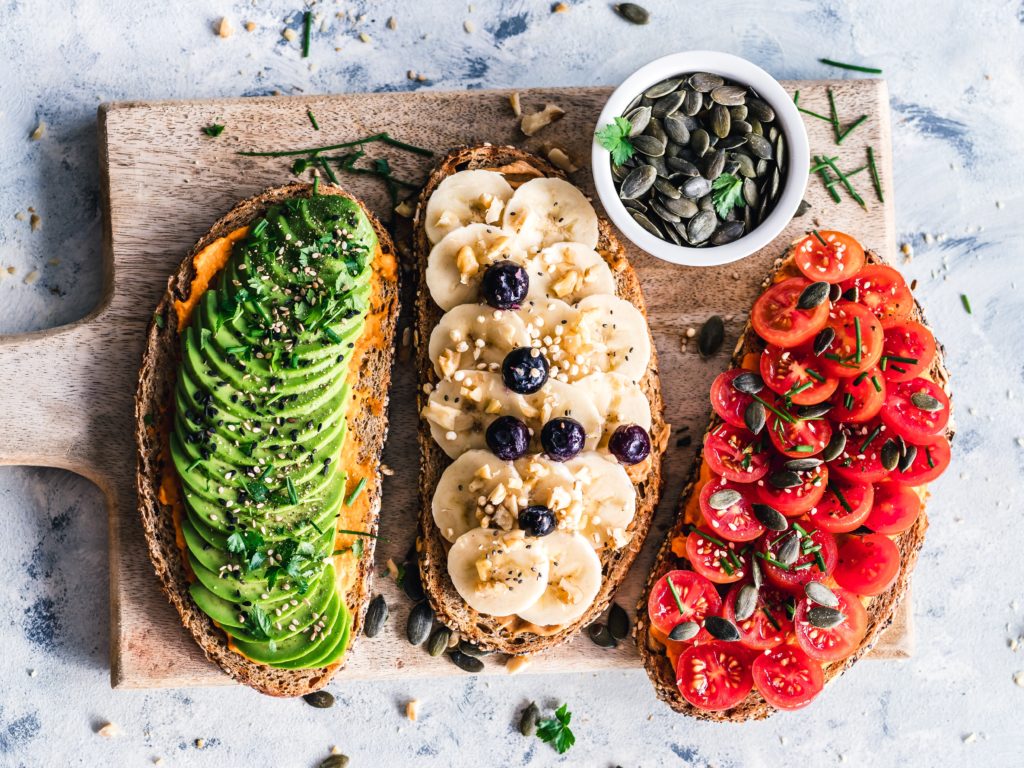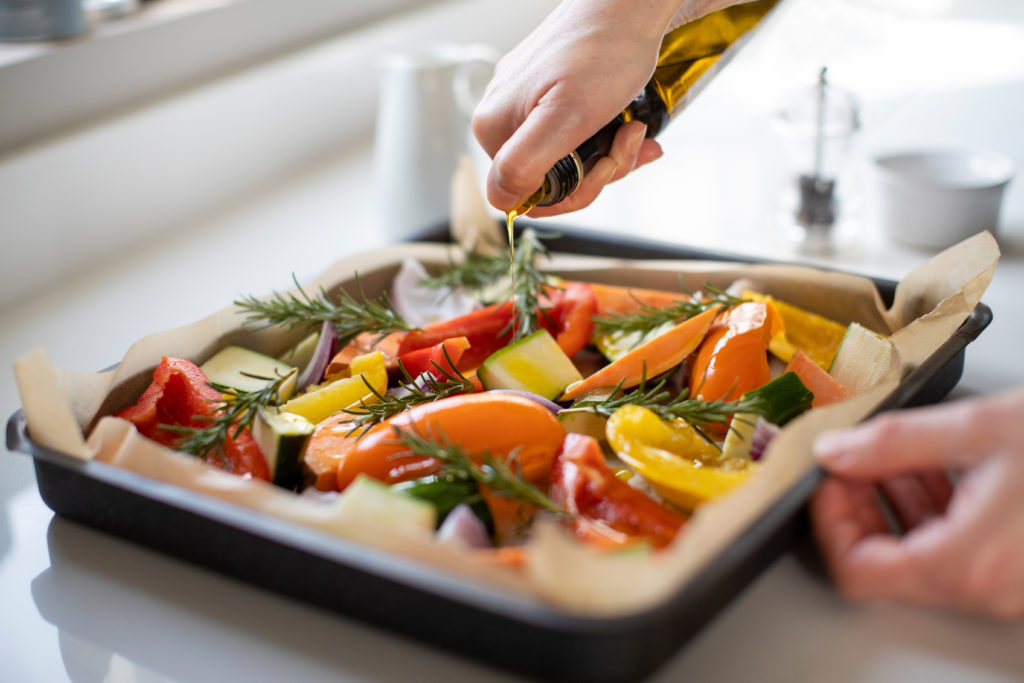
Home » How To Fight Inflammation This Summer
How To Fight Inflammation This Summer
- June 27, 2022
- Ashley Tyrner
How Food Affects Inflammation
The foods you eat can have a direct effect on the inflammatory levels in your body. Highly processed foods like sugar and fried foods are known to release inflammatory messengers, alerting your body almost immediately that it is experiencing acute inflammation. It may take some time to develop, but the skill of listening to your body is one that can truly change your life! If you typically feel bloated for example, after a meal, this may be a sign that your body is having an inflammatory reaction to one or more of the ingredients. You may have to remove certain foods from your diet in order to stay away from introducing inflammation triggers.
Just remember that where there is regular, or even excessive consumption of these foods, there is also regular inflammation. Fortunately, through trial, error, and close monitoring, you can begin to identify which foods you’ll want to consider avoiding in the future or limiting their consumption altogether.
Adopting a Healthy Eating Style
Healthy eating habits will set the foundation for a healthier life and lifestyle. By eating fresh, colorful fruits and vegetables, paired with a balanced mix of carbohydrates, protein, and fat you’ll be able to keep your body in tip-top shape! The carbohydrates on your plate provide the body with energy, and are not something to take lightly. You want high-quality sources that fuel you up, but also keep your body from falling into an inflammatory state. Proteins are the building blocks of cells, and considering the body is made up of about 30 trillion cells, having a sufficient amount in your daily diet plays a crucial role in how well your cells operate together. And while it may sound counterintuitive, eating healthy fat sources are truly a necessity for the brain and body. Fat is a means to absorb many vitamins, and when you lack fat, you may experience hair loss, a weakened immune system, and vitamin deficiencies.
Vitamins and Minerals
Be sure to focus on the importance of vitamins and minerals and how they play a crucial role in muscle contraction, blood flow, tissue repair, and healing. The body requires these nutrients to stay fueled and functioning throughout the day. One of the most delicious ways to consume all the nutritious properties the body needs is to eat fresh fruits and vegetables on a daily basis. Enjoying a variety of produce (and colors) is essential because the natural pigments found in fruits and vegetables offer hue-specific benefits.
Foods to Focus on to Prevent & Fight Inflammation

Focus Food #1 – Fruits & Veggies
Whole plant foods are filled with anti-inflammatory nutrients and antioxidants that help prevent, delay, and repair cell damage in the body. Dark leafy greens, juicy fruits like apples and oranges, broccoli, and so many others are truly nature’s medicine. By adopting a diet rich in more plant-based foods, you will be constantly detoxing, hydrating, and replenishing your body with the nutrients needed to reduce inflammation. Aside from their anti-inflammatory properties, most fruits and vegetables can also contribute to your health goals aligning with weight loss and the reversal of diet-related illnesses.
Make sure that each meal includes at least 1 or 2 servings of produce. Try adding a veggie to your morning omelette or toast, a bowl of fruit close by to snack on throughout the day, and a variety of your favorite raw, roasted, or steamed vegetables on your dinner plate.
Focus Food #2 – Lean Protein
Proteins are the building blocks of cells, and considering cells make up each of our organs, special attention should be given to the types eaten. Opt for skinless chicken, turkey, and/or fish. Fattier cuts of meat may result in inflammation and so if you do choose to eat these types of cuts, try to reduce the portion size. Meat-free options of protein sources consist of tofu, beans, and lentils. Beans and lentils tend to be filling and satisfying, making them great options for a cost effective, anti-inflammatory protein sources.
Focus Food #3 – Healthy Fats
Using monounsaturated fats including olive, safflower, sunflower, and avocado oils when cooking is one option for getting in your fats! Keep in mind that your brain is made up of nearly 60% fat; and fats function as a means for your body to be able to absorb certain vitamins. Foods rich in Omega-3 fatty acids like fish, nuts, flaxseeds, chia seeds, and hemp seeds are another way to acquire this nutrient on a daily basis.
For a boost in healthy fats, add a few slices of avocado to your lunch or dinner plate. Need a morning fuel booster? Throw some chia seeds on top of your oatmeal, yogurt, or smoothie for Omega-3s, protein, and extra fiber!
Focus Food #4 – Whole Grains
Get your whole grains in through cereals, brown rice, quinoa, and millet! These foods are high in fiber, which can serve as a huge help in the fight towards reducing inflammation. About 3-6 ounces of whole grains are recommended to eat daily.
Foods to Minimize
When it comes to anti-inflammatory vs pro-inflammatory foods, there is certainly a wide spectrum of how foods react in the body. Keep in mind that not every food will have the same effect on every person. Some body types may agree with more amounts of potential inflammation than others, and vice versa. View your body and your relationship to food as an experiment to see what works and what does not work for you. Notice how you feel before and after the meals. Do you feel better, more energized, and light, or do you instantly feel tired, bloated, and weighed down? These may be key indicators when finding out what foods to eat more of and which to stay away from.
Deli meat, bacon, and sausage are just a few examples of highly processed foods that have been directly linked to causing inflammation in the body. Partially hydrogenated oils and high amounts of saturated fat that are commonly used at many popular fast food chains are definitely something to be aware of when trying to avoid foods that may cause inflammation.
Moderation is key with all things food-related. Food can be medicine or it can cause you more harm than good. Use mealtime as an opportunity to find out which foods your body agrees with and those of which it doesn’t to meet goals of reducing inflammation.
